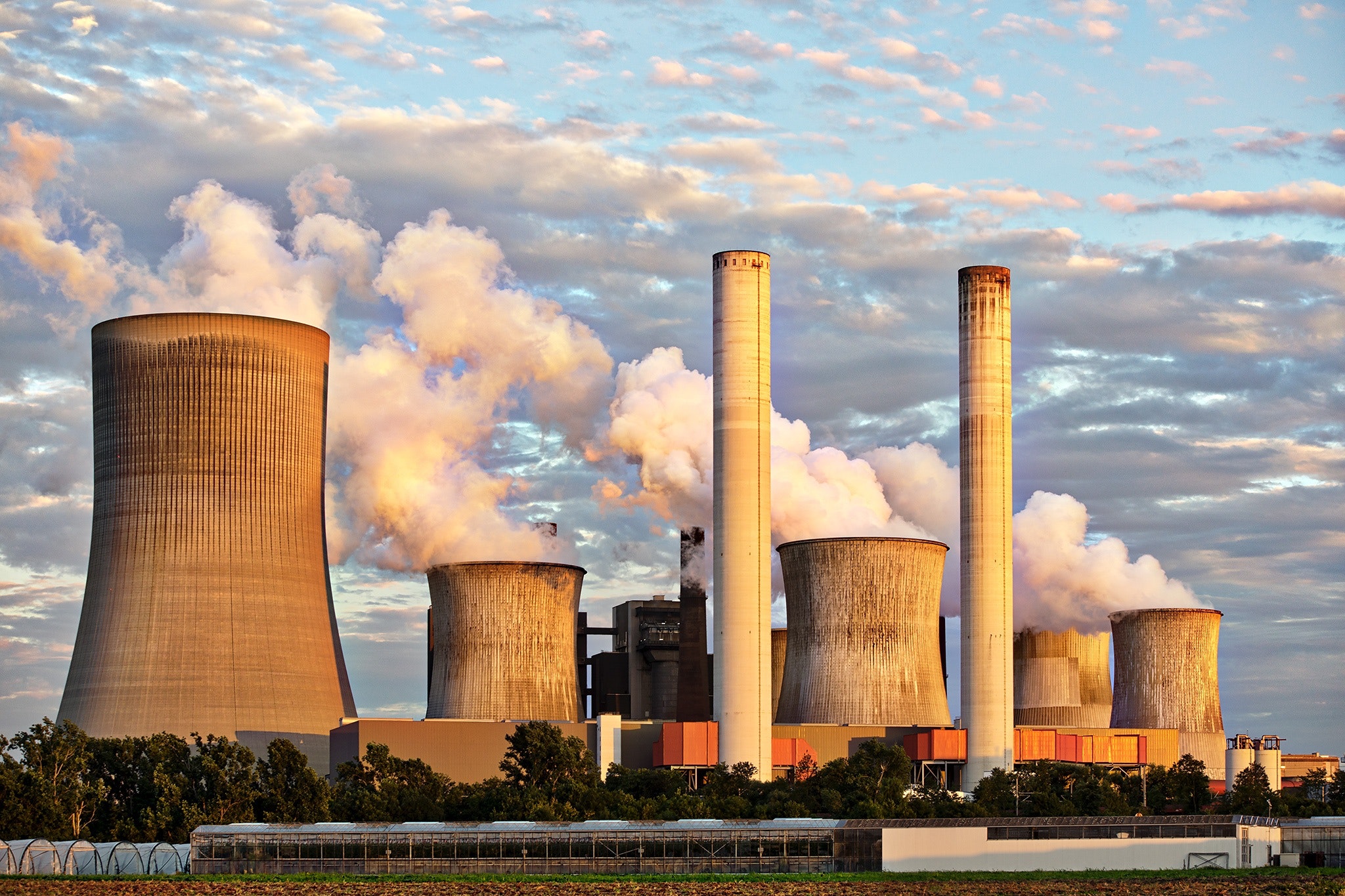Saudi Arabia: The Central Bank of Oil?
U.S. President Donald Trump is ramping up the maximum pressure campaign on Iran to hit zero oil exports, causing global oil price fluctuations. OPEC countries, primarily Saudi Arabia, manage spare oil capacity, crucial for stabilizing supply. This report delves into the complexities of global oil production and market dynamics.

- Country:
- United Kingdom
In a strategic push to curb Iranian oil exports, U.S. President Donald Trump is poised to reinstate his 'maximum pressure' campaign. This initiative, announced by a U.S. official on Tuesday, aims to diminish Iran's oil exports to zero, subsequently impacting global oil prices and necessitating increased production from other suppliers.
As the world closely monitors the ramifications, Saudi Arabia, alongside OPEC members like the United Arab Emirates, Iraq, and Kuwait, stands at the forefront of managing global spare oil production capacity. Collectively, these nations possess nearly all of the world's idle output, available for immediate mobilization during global crises.
According to estimates from the International Energy Agency, OPEC's total spare capacity amounts to 5.3 million barrels per day, with Saudi Arabia contributing 3.1 million bpd. This capacity plays a vital role in stabilizing the market, especially as OPEC+ countries have reduced production to support oil prices after shifts in global supply dynamics.
(With inputs from agencies.)










